Tenaga Nasional Berhad (TNB) has recently announced that the government has approved the implementation of Regulatory Period 4 (RP4) which covers the period between 2025 to 2027. The new approved tariff which will take effect from 1st July 2025 is set at 45.62 sen per kWh, which marks a 14.2% increase from the current average tariff of 39.95 sen per kWh.
According to TNB, the increase would enable the utility company to make essential investments in the industry to ensure a continuous and reliable electricity supply to meet growing demand.
The question is, how much would it affect domestic electricity users in Peninsular Malaysia? And would the move significantly increase the cost of ownership for electric vehicle owners?
Electricity Tariff has gone up 3 times since 2014 but the domestic tariff remains unchanged
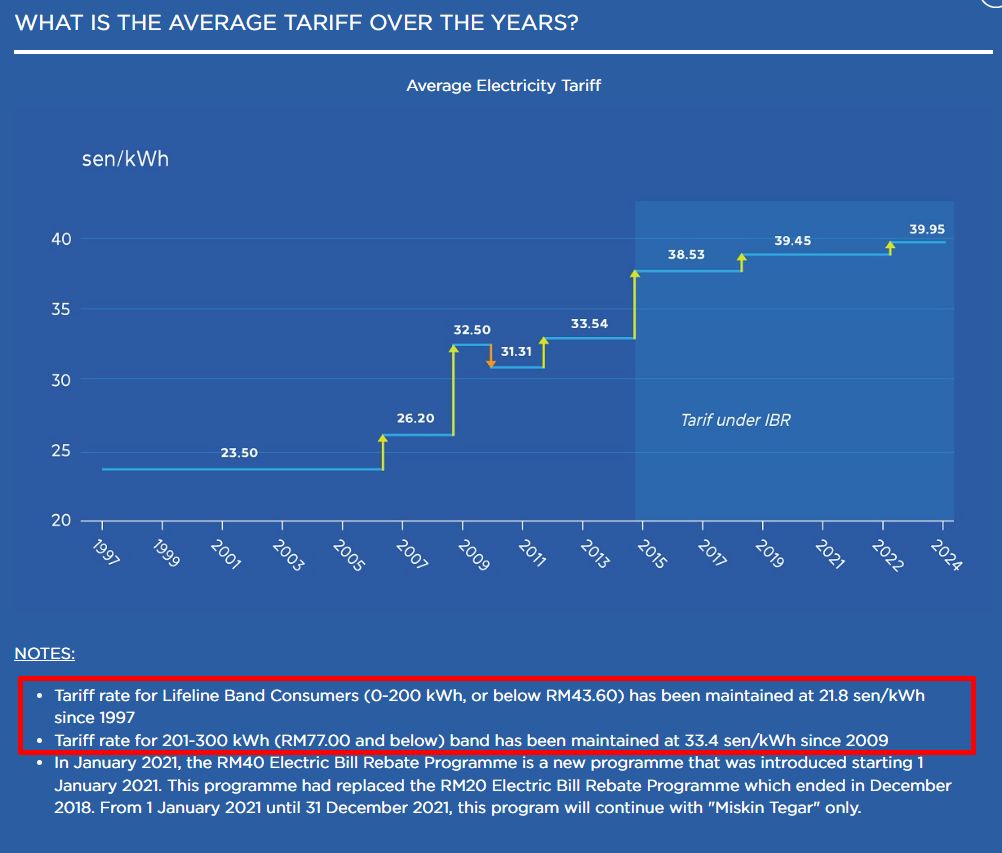
When the news broke, many assumed that everyone in Peninsular Malaysia should expect to see a 14% increase in their electricity bills starting 1st July 2025. However, it is worth highlighting that the base electricity tariff is not the same as the domestic tariff rate used for private homes.
Since the introduction of Incentive-based Regulation (IBR) in 2014, there have been three electricity tariff increases implemented in 3 phases. RP1 (2015-2017) at 38.53 sen per kWh, RP2 (2018-2020) with extension (2021) at 39.45 sen per kWh and the current RP3 (2022-2024) at 39.95 sen per kWh.
Despite the tariff increases, TNB has maintained its base domestic tariff rate of 21.8 sen per kWh for the first 200kWh since 1997. The subsequent tier of 33.4 sen per kWh for electricity usage between 201 and 300kWh has also been maintained since 2009.

In fact if we look back, domestic users in Peninsular Malaysia are still paying the same domestic tariff for electricity since 1st January 2014. For the high consumption homes, TNB’s highest domestic tier is 57.1 sen per kWh which remains unchanged for over 10 years.
While RP4 covers from 1st January 2025, TNB says that any differences from January to June 2025 will be funded through Kumpulan Wang Industri Elektrik (KWIE). It added that the total allowed CAPEX of RM42.821 billion for RP4 is set to bring significant economic benefits towards stimulating the nation’s economy and preparing the electricity network to facilitate the nation’s energy transition agenda.
But wasn’t there a price hike in 2024?
If the domestic electricity tariff didn’t changed in the past 10 years, why was there a reported price hike for electricity bills for 2024? That’s actually due to the Imbalance Cost Pass-Through (ICPT) rebate and surcharge that’s applied depending on type of premise and electricity consumption.
While the average electricity tariff is typically reviewed every three years by the Energy Commission, the ICPT is a mechanism to reflect changes in fuel and other generation-related costs for electricity every 6 months. Essentially, if there’s a drop in global fuel prices, a rebate will be given to consumers. But if there’s an increase in fuel prices, a surcharge will be imposed instead.
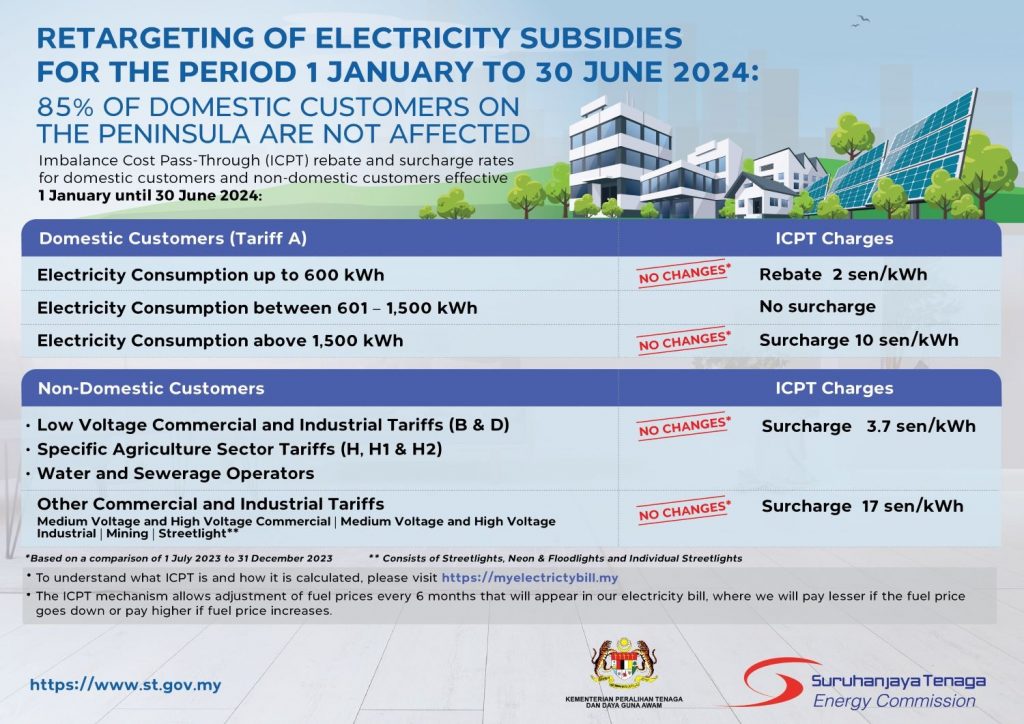
As part of the government’s move to retarget electricity subsidies, there have been some changes made for its ICPT implementation. From 1st January to 30th June 2024, domestic users who consume 600kWh or less per month will get a rebate of 2 sen per kWh.
However, no rebates will be given for electricity usage between 601kWh and 1,500kWh per month. For consumption above 1,500kWh per month, there’s a surcharge of 10 sen per kWh.
For non-domestic/commercial users, there’s a surcharge of 3.7 sen per kWh for low-voltage commercial and industrial tariffs, specific agriculture sector and water and sewerage operators. Meanwhile, other commercial and industry tariffs are imposed with a surcharge of 17 sen per kWh.
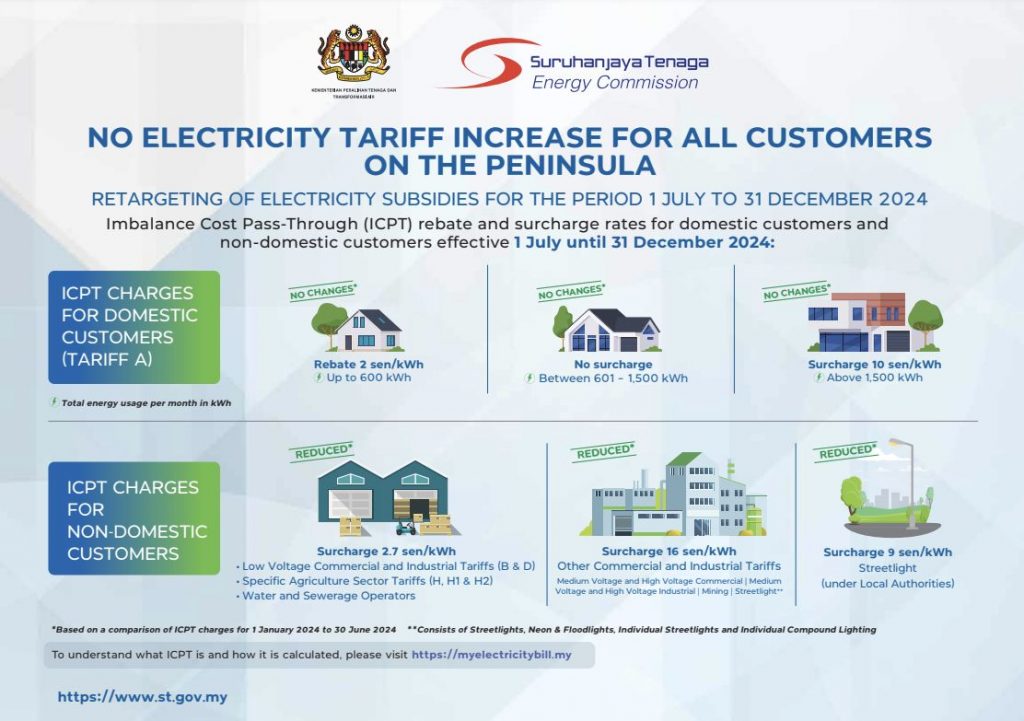
For the second half of 2024 (1st July to 31st December 2024), the ICPT remains unchanged for domestic users but it is slightly reduced for non-domestic customers.
For low-voltage and commercial industry tariff, the ICPT surcharge was reduced slightly from 3.7 sen per kWh to 2.7 sen per kWh, while other commercial and industry tariff saw a reduction from 17 sen per kWh to 16 sen per kWh. For streetlights managed by local authorities, the surcharge was reduced to 9 sen per kWh.
TNB says no decision yet on current tariff schedule
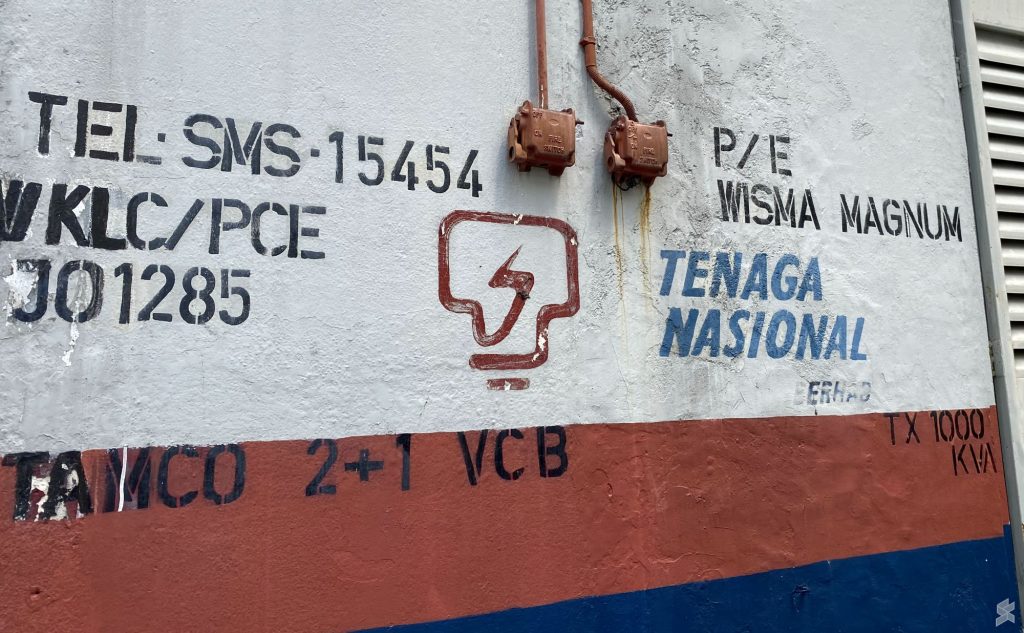
For now, there’s no change yet to the current electricity tariff for domestic and commercial users. According to TNB’s Chief Financial Officer Datuk Nazmi Othman, the current tariff schedule which has been in place since 2014 will continue to be in effect with no change in tariff rate and structure until 30th June 2025.
He added that the government will continue to protect 85% of the 9 million domestic consumers by providing affordable electricity tariff.
As mentioned in a statement issued by the Ministry of Energy Transition and Water Transformation (PETRA) on 20th December, the current ICPT rebate and surcharge will be maintained for the period between 1st January until 30th June 2025. It added that the government is expected to provide electricity subsidy of RM2.388 billion for the first half of 2025. It believes that its targeted subsidy approach will reduce the government’s commitments and to ensure more funds can be channeled to other forms of aid and to enable the government to improve public infrastructure, healthcare and to support the education sector in Malaysia.
The Ministry said the government and the Energy Commission are still finalising the proposed new tariff schedule to reflect the actual cost of electricity supply and to be more competitive, while maintaining the balance of energy trilemma such as security, sustainability and affordability. It said that the new proposed tariff schedule is expected to be implemented on 1st July 2025 with an estimated financial implication of RM3.57 billion funded by the government.
To ensure the welfare of lower income groups, the government remains committed through its RM40 electric bill rebate program. A total of RM55 million has been allocated for the initiative and is aimed at registered and verified hardcore poor category households through the e-Kasih system.
Anwar: Government will not allow tariff hikes that will impact majority of Malaysians
Prime Minister Anwar Ibrahim has recently said that the government will not allow tariff hikes that would affect majority of citizens. He has called upon the power utility company to provide further explanation.
He said despite the rising cost, it shouldn’t affect majority of the people. He said any increase in price like before should only affect the higher income groups which he described as “Maha kaya” or industries that have recorded profits.
Will it cost more to charge an EV?
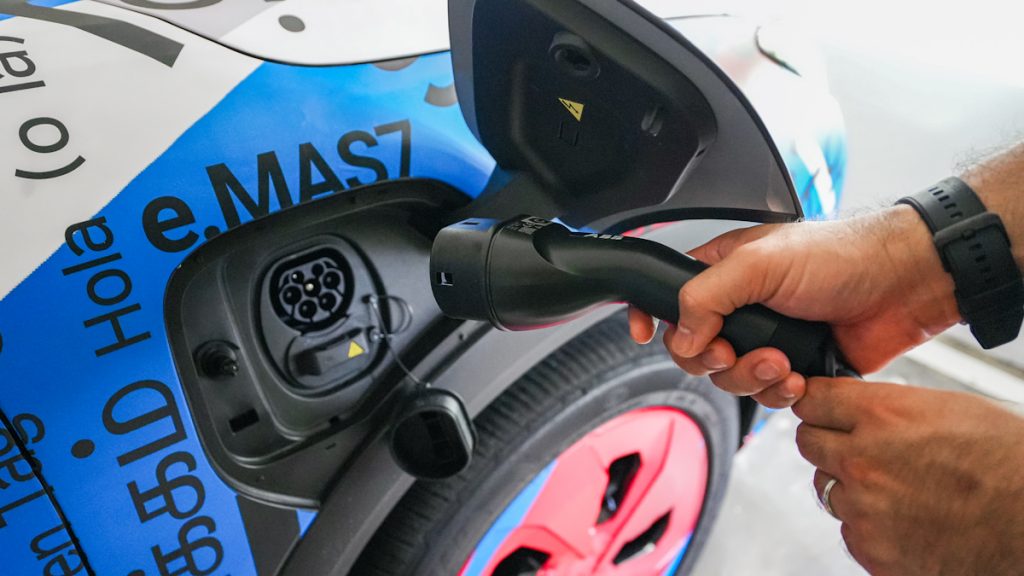
At the moment, it is too early for TNB to reveal any potential revised domestic tariffs and ICPT rate for the second half of 2025. So far there are no significant changes for EV charging cost until at least 30th June 2025. Similarly, it is also too early to tell if there will be any significant impact to public chargers deployed by Charge Point Operators.
If there’s a revision for commercial tariff and ICPT surcharge, the government would need to look into considerations for Charge Point Operators to ensure affordable access to public EV charging facilities to encourage mass EV adoption.
Since the government said that 85% of users would be protected from price hikes, it is expected that the lower tiers of the domestic tariff would likely be maintained. After all, the base rate of 21.8 sen per kWh for the first 200kWh has been maintained for over 25 years now.
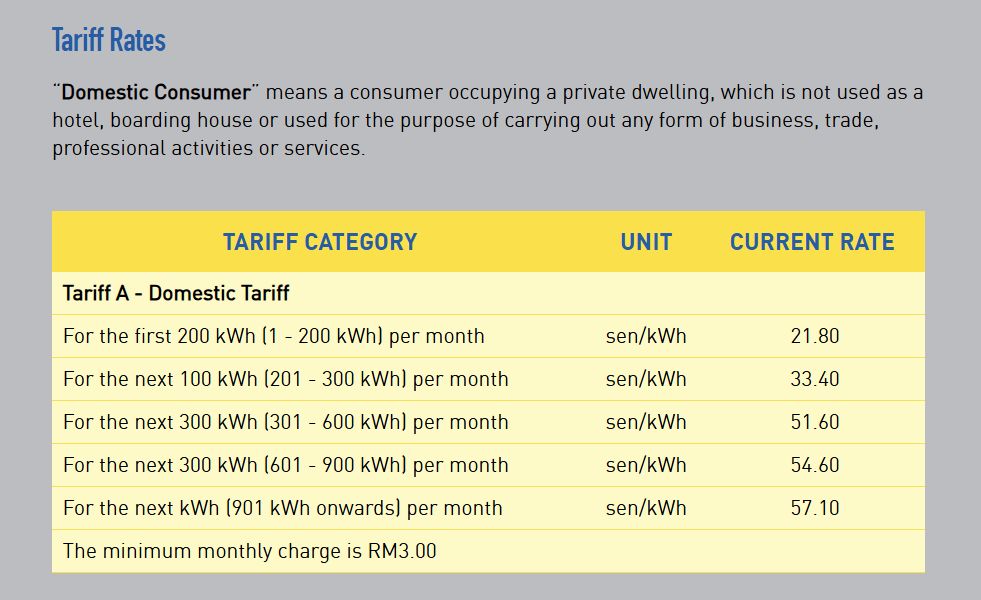
There could be a possible increase in tariff for higher tiers and ICPT surcharge for domestic users who consume more than 600kWh per month.
If you’re currently getting the highest tier of 57.1 sen per kWh and let’s assume there’s a 15% price hike, the highest rate to charge at home is 65.7 sen per kWh.
Assuming that an EV has an efficiency of 17kWh per 100km, that’s equivalent to RM11.17 per 100km or 11 sen per km which is still cheaper than petrol. For a petrol vehicle with a claimed efficiency of 8 litre per 100km, that would cost RM16.40 per 100km or 16.4 sen per km based on current subsidised RON95 fuel (RM2.05 per litre).
Let’s not forget that the government intends to rationalise RON95 petrol subsidy by mid-2025. If RON95 increases to RM3 per litre, the running cost would shoot up to RM24 per 100km or 24 sen per km which is double the running cost of an EV. If you switch to an EV, you’ll save on maintenance cost and in the case of the Proton e.MAS 7, the service interval is only once a year.
If you’re residing in a landed property with high power consumption, it is probably more worthwhile to install a solar system for your home to cut down on electricity expenditure.
The government has just extended the Rakyat Incentive Scheme (SolarRIS) programme until April 2025 where they are offering rebates of up to RM4,000. PETRA has revealed that the Net Energy Metering (NEM) quota will be increased from 150 megawatts (MW) to a total of 600MW, which enables more domestic users to install PV solar systems.
All quotas under the NEM program are open for applications until 30th June 2025, or when the quota is fully allocated.
West Malaysia electricity tariff to get 14% hike, but will it make EV charging more expensive?
News Reports PH
0 Comments